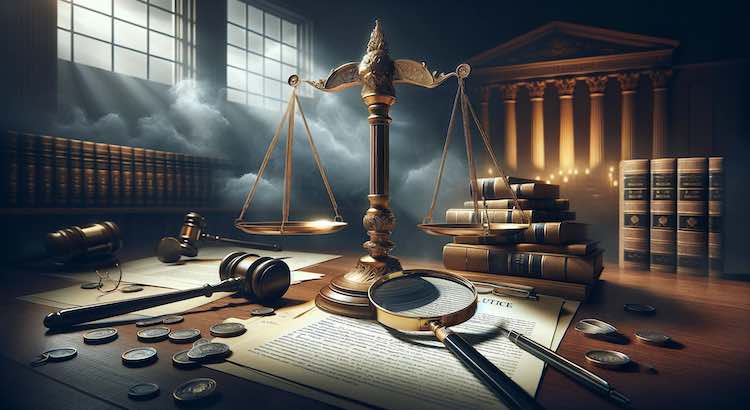The Importance of Accuracy in Legal Transcription: Safeguarding Justice
Legal transcription plays a vital role in the justice system. Every word spoken in courtrooms, during depositions, and in legal meetings holds meaning. Turning these recordings into text must be done with exactness. Errors can lead to unfair legal outcomes, making accuracy essential for justice.
Why Accuracy in Legal Transcription Matters
Legal transcripts serve as official records in the court system. Their accuracy affects decisions, appeals, and legal precedents. Inaccurate transcripts can derail cases and change outcomes.
Key Reasons for Precise Legal Transcriptions
-
Ensure Fair Trials:
- Each word in a legal proceeding can influence the verdict.
- Mistakes might misrepresent what witnesses or lawyers say, which can lead to wrongful convictions or acquittals (U.S. Bureau of Justice Statistics, 2022).
-
Uphold Legal Integrity:
- The justice system depends on truth and fairness.
- Accurate transcripts maintain a true account of what happened, reflecting the facts instead of errors.
-
Establish Legal Precedents:
- Future cases rely on past transcripts for legal guidance.
- Only error-free documents create sound precedents (National Center for State Courts, 2021).
-
Support Appeals Process:
- Appeals review original case transcripts.
- If the original record is flawed, the appeal process may fail a fair review.
What Happens When Legal Transcripts Contain Errors
Inaccurate legal transcripts can harm not only those involved in a case, but also the entire court system. Mistakes create a ripple effect of issues.
Consequences of Inaccurate Legal Transcription
-
Miscarriages of Justice:
- Even small errors can change the meaning of statements or evidence.
- This can cause innocent people to be found guilty, or the guilty to go free (Innocence Project, 2023).
-
Legal and Financial Repercussions:
- Errors often result in costly retrials or hearings.
- Extra legal fees or even damage payments may be required (American Bar Association, 2022).
-
Damage to Professional Reputation:
- Lawyers and legal staff may lose trust if transcripts contain mistakes.
- Bad records can harm careers and the public’s belief in the legal system.
-
Operational Delays:
- Time and resources are wasted fixing errors.
- Court cases may be delayed, affecting everyone involved.
How to Ensure Accuracy in Legal Transcription
Maintaining high accuracy in transcription takes more than just careful typing. It requires training, technology, and strict processes.
Best Practices for Accurate Legal Transcription
-
Professional Transcription Services
- Choose expert transcription services that understand legal terminology and procedures.
- Trained professionals know how to deal with tricky audio, strong accents, and overlapping speech.
-
Technological Solutions
- Modern tools like automated transcription software can speed up the process.
- AI transcription tools can help, but human review is still needed for full accuracy.
-
Thorough Proofreading
- Every transcript should go through transcription proofreading services before use.
- Multiple rounds of review by legal experts ensure the details are correct.
-
Continuous Training
- Transcribers must stay updated on legal terms and changes in the law.
- Ongoing education helps maintain high-quality services (Legal Transcription Market Report, 2024).
-
Quality Assurance Processes
- Set up a clear process for checking and double-checking transcripts.
- Require senior staff or legal professionals to approve final documents.
Modern Tools That Support Legal Transcription Accuracy
- AI transcription subscription plans for faster, cost-effective solutions.
- Closed caption services for video depositions and hearings.
- Subtitling services for legal evidence in video format.
- Text translation services and audio translation service for multilingual legal records.
Economical Options for Legal Transcription
- Compare transcription pricing to find a service that fits your budget.
- Legal teams can order transcription quickly online.
- Similarly, captioning services pricing lets you add captions as needed.
- For video, you can easily order captions for your legal content.
Conclusion: Choose GoTranscript for Legal Transcription Accuracy
Legal transcription accuracy is the cornerstone of fair judicial outcomes. Mistakes can lead to injustice, delays, and unnecessary costs. Teams should use a mix of expert transcription services, AI tools, and strict quality controls to avoid problems. GoTranscript provides trusted, precise, and affordable solutions for all your legal transcription needs. Rely on GoTranscript to help uphold justice in every transcript.



















 Verified Order
Verified Order